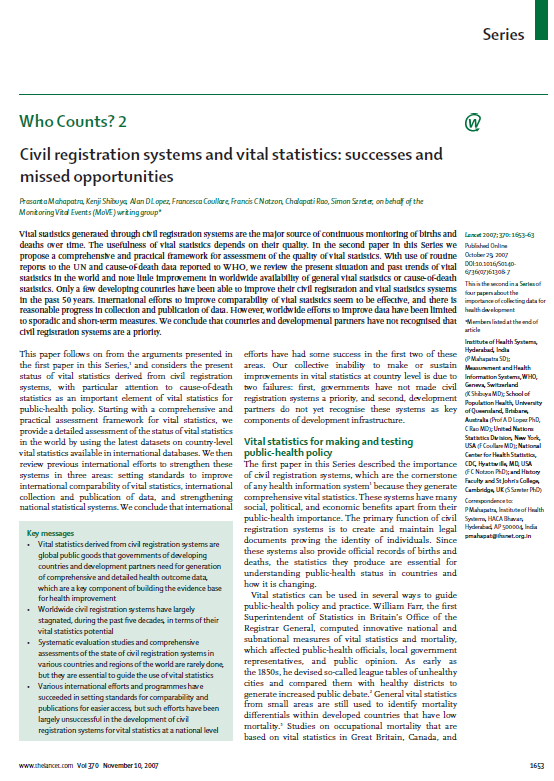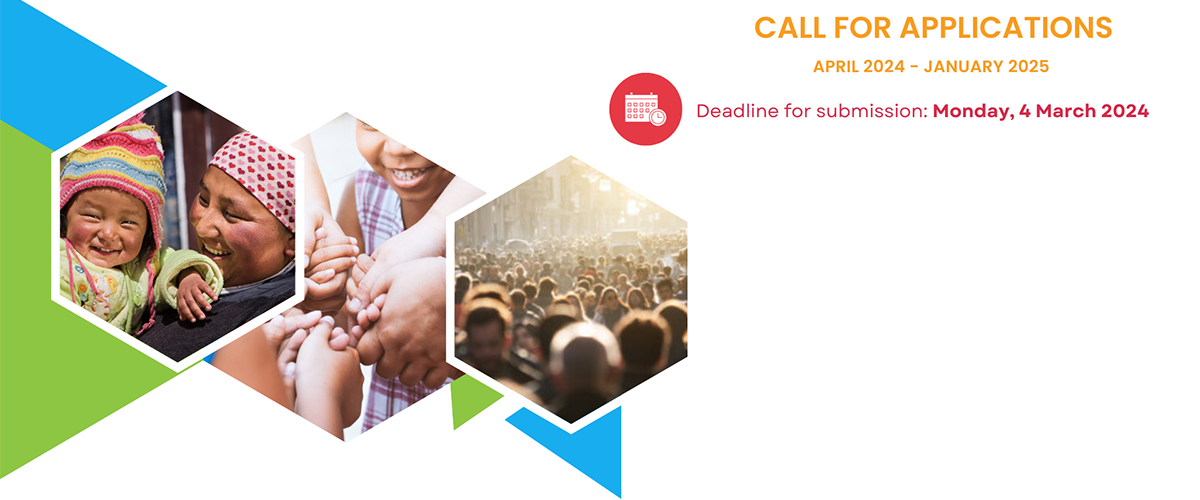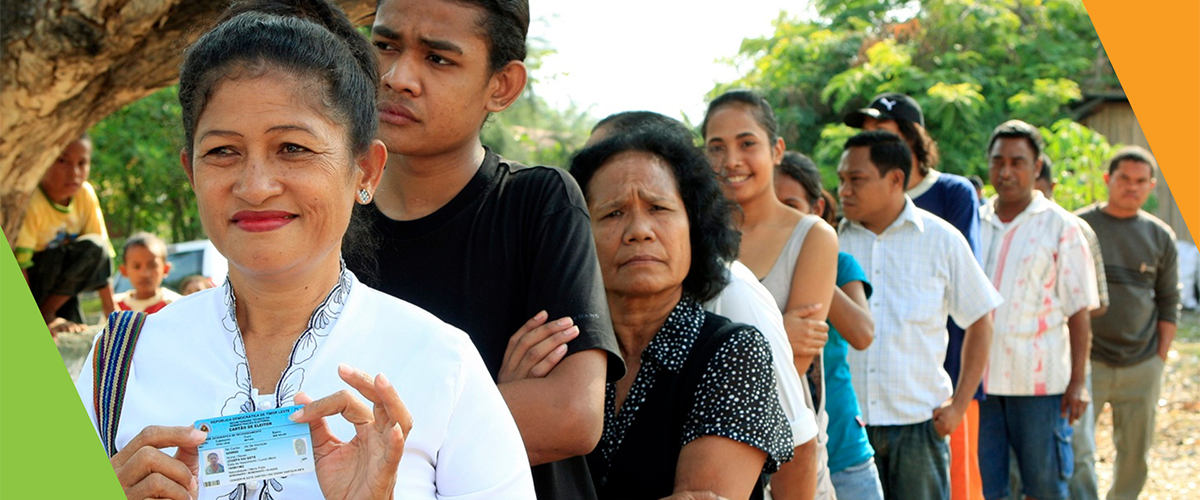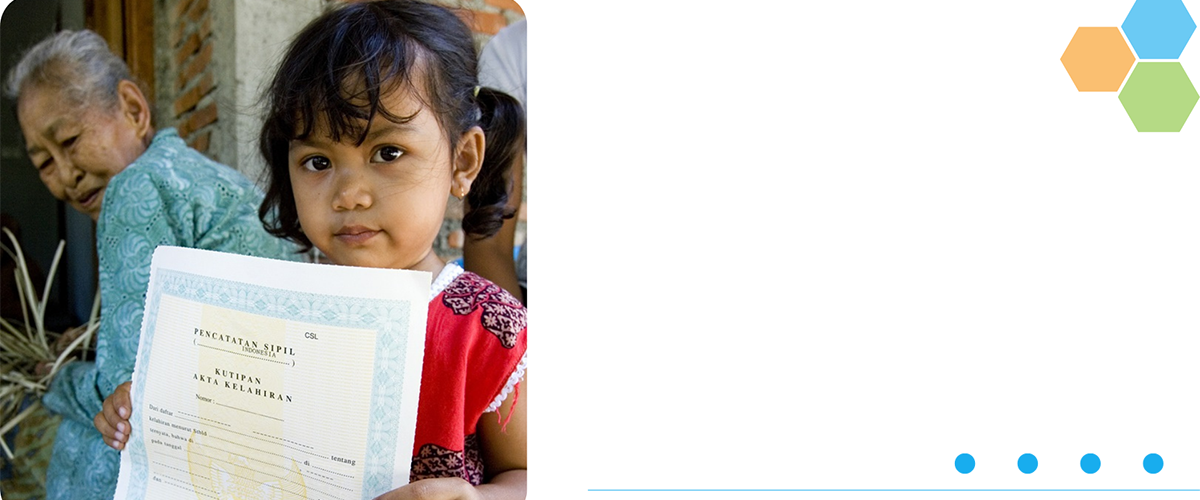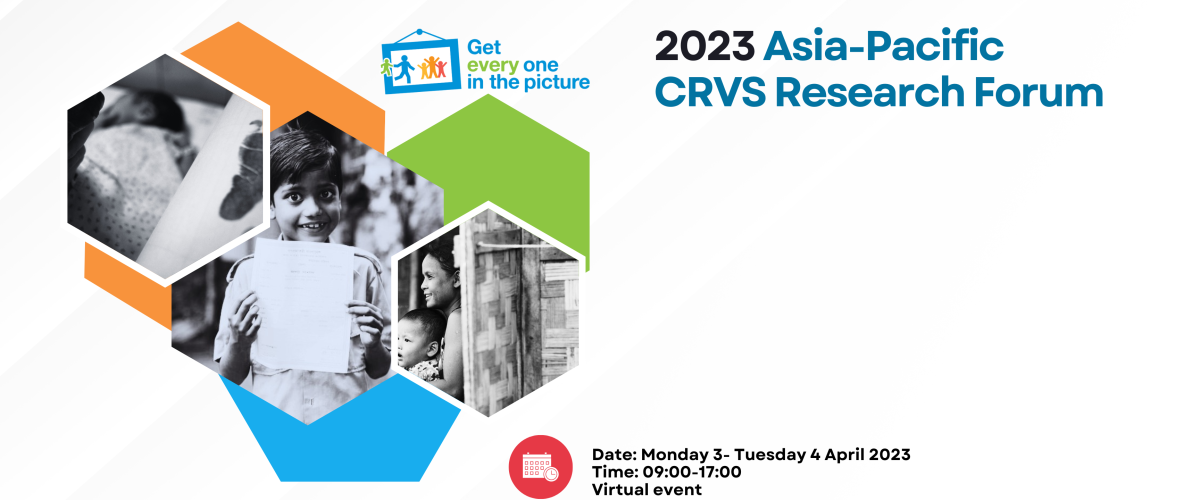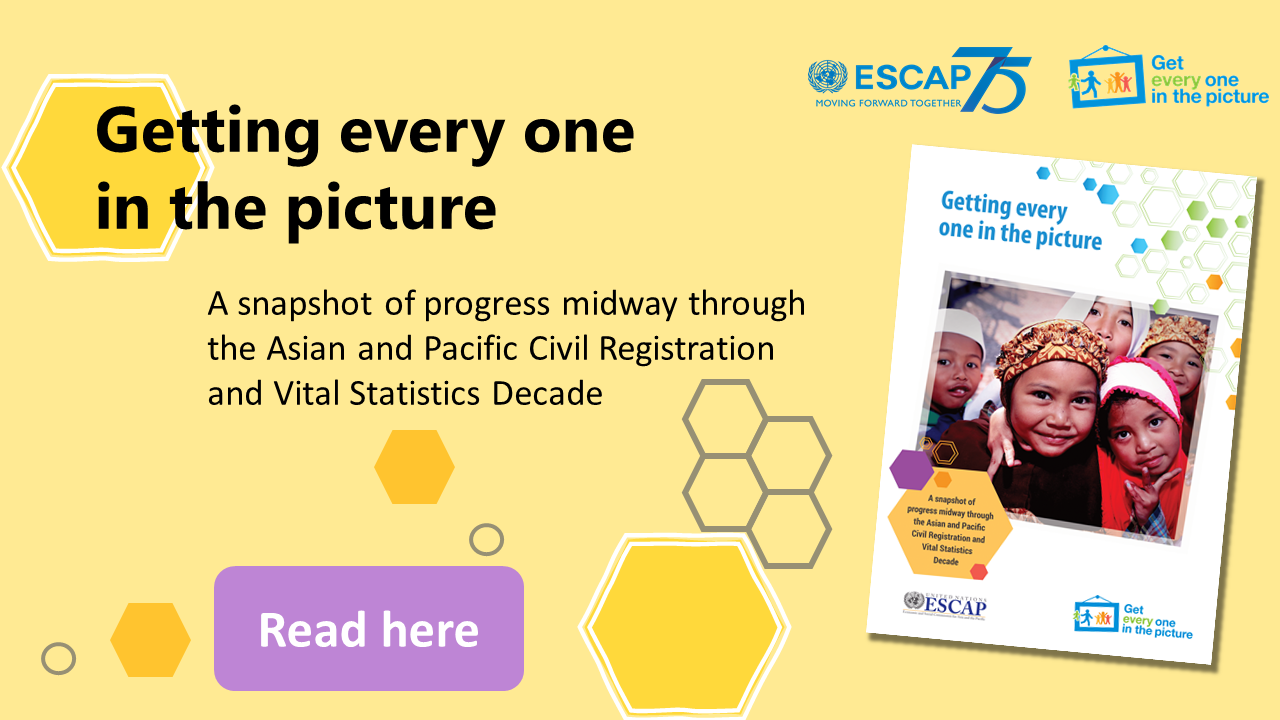This paper was published in 2007 as a part of the “The Who Counts?” Series of The Lancet. The authors Mahapatra et. al review the present situation and past trends of vital statistics in the world.
Vital statistics generated through civil registration systems are the major source of continuous monitoring of births and deaths over time. The usefulness of vital statistics depends on their quality. In the second paper in this Series we propose a comprehensive and practical framework for assessment of the quality of vital statistics. With use of routine reports to the UN and cause-of-death data reported to WHO, the authors review the present situation and past trends of vital statistics in the world and note little improvement in worldwide availability of general vital statistics or cause-of-death statistics. Only a few developing countries have been able to improve their civil registration and vital statistics systems in the past 50 years. International efforts to improve comparability of vital statistics seem to be effective, and there is reasonable progress in collection and publication of data. However, worldwide efforts to improve data have been limited to sporadic and short-term measures. The authors conclude that countries and developmental partners have not recognized that civil registration systems are a priority.
The key messages of the paper are:
Vital statistics derived from civil registration systems are global public goods that governments of developing countries and development partners need for generation of comprehensive and detailed health outcome data, which are a key component of building the evidence base for health improvement
Worldwide civil registration systems have largely stagnated, during the past five decades, in terms of their vital statistics potential
Systematic evaluation studies and comprehensive assessments of the state of civil registration systems in various countries and regions of the world are rarely done, but they are essential to guide the use of vital statistics
Various international efforts and programs have succeeded in setting standards for comparability and publications for easier access, but such efforts have been largely unsuccessful in the development of civil registration systems for vital statistics at a national level
This paper was published as a part of the “The Who Counts?” Series of The Lancet. The Series analyzes the 'scandal of invisibility', which means that millions of human beings are born and die without leaving any record of their existence. This has been caused by the lack or inadequacy of civil registration systems for counting births, deaths, and causes of death, leaving countries powerless to track, and, in turn, protect the wellbeing of their populations. The Series, produced in collaboration with the Health Metrics Network at the World Health Organization (WHO) and specialists from around the world, explores how these vital statistics are essential to health policy formation, in both the developed and developing world. Ways forward for countries in the worst circumstances regarding their civil registration systems are also proposed.
